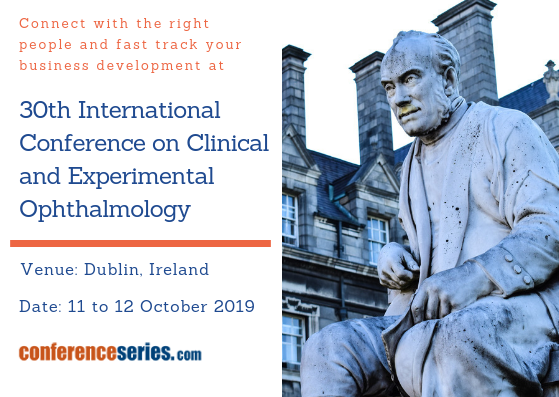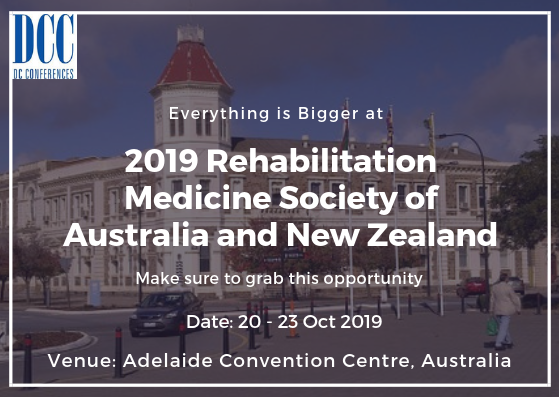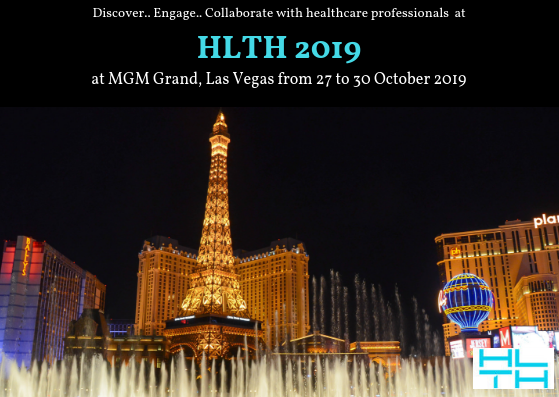Electronic health record companies are obstructing efforts by specialty societies to gather data that are crucial to the Obama administration’s goal of improving health care quality, leaders of the physician groups tell POLITICO.
The data are collected in registries, which are organized to track patients and their conditions and procedures over time. For example, a database might seek to monitor every hip replacement in the United States, giving researchers and government officials insight into how different brands of artificial joints performs best.
But the registries require large quantities of data, and several medical societies say that EHR vendors, among them Epic Systems, are keeping the data from leaving patient EHRs and entering the registries.
These registries use separate software vendors that many EHR companies view as unwanted competition because they would prefer to sell their own software to physician practices and health groups that use their EHR systems.
Vendors often delay such requests, quote prohibitive prices for integration, or flatly refuse to transmit the data and instead offer to sell physicians their own software, says Marta Van Beek, co-chair of the American Academy of Dermatology’s registry committee.
“You’ve already collected this data, as a provider. You’ve entered it in the electronic medical record. For the record to sell that data, or sell you intermediary programs to download it to your registry, is infuriating,” she said. “You’re already paying the vendor an enormous amount of money just to be your vendor.” Compliance, in that scenario, would set providers back $100,000 per year, she said.
Van Beek wouldn’t name specific vendors, but representatives from the American Board of Family Medicine, the American Academy of Ophthalmology and the American College of Cardiology said data blocking or other issues involving Epic were keeping them from getting the data. The American Urological Association has also cited unnamed issues with Epic in integrating data from EHRs to its registry.
Notably, all five societies relied on one third-party software company, FigMD, to run their registries, and this appeared to be a cause of friction.
Such companies have “ulterior motives for monetizing the data,” said Epic executive Eric Helsher. FigMD, which provides software used for many registries, sells analytics software, Helsher noted, and “we do not support the unauthorized use of clinical data for their purposes.”
Bob Phillips, vice president for public policy at the American Board of Family Medicine, and Bill Rich, the academy’s president, have spoken with the ONC about their frustrations over the registries. In March, Phillips wrote a letter to then-ONC head Karen DeSalvo complaining about the practices of EHR vendors Practice Fusion and eClinicalWorks.
ONC Chief Medical Officer Thomas Mason replied by letter in June outlining the agency’s definition of information blocking, but said it needed legislative authorization to pursue blockers.
“These physicians are so scared of retribution” if they complain about the situation, Phillips said. And they’re scared to install software that would enable registry integration without vendor consent. “[Not] being able to bear the cost of a lawsuit, just the implication there may be one keeps them from even filing data blocking reports with the Office of the National Coordinator.”
As for the ONC, “given the current regulations that are out there, their hands are a little bit tied,” Phillips said. “That’s why new regulation would be very useful to open this up.” Measures to prevent data-blocking are contained in a Senate health innovation bill that could receive attention during the lame-duck session.
Epic, said Phillips, “shut down the conversation” with the academy about connecting to EHRs last month. In some cases, physicians whose Epic software is run on their own server had installed the software necessary to upload data to the registry.
But the software company has threatened to send cease-and-desist letters to any physician running registry software, Phillips said. Epic contracts typically include restrictions on third-party software running without the vendor’s permission.
The situation could have dramatic consequences for health care reform. If the societies are unable to create effective registries it could hamper the collection of good data and create problems for physicians responsible for reporting patient data to the government under MACRA legislation, which takes effect next year.
Physicians under the law can report the data directly to CMS or send it to specialty registries. CMS anticipates that 94.7 percent of physicians will report data in 2017 compared with 62.2 percent in 2014. If they shun reporting, physicians won’t score as well in the agency’s payment formula.
Registries have great potential for improving the safety and quality of therapies and medical devices. In Sweden, according to a 2013 Urban Institute analysis, registries allowed health authorities to detect and discontinue dangerous medical implants before the United States did. One analysis said the Swedish registries saved $100 for every $1 invested.
The Food and Drug Administration’s planned evaluation system for health technology would rely in large part on specialty society registries. The agency often approves medical devices provisionally, while monitoring the registries to insure there are no unanticipated problems.
Data blocking could bias the sample of devices studied by FDA or others. “For us, the biggest risk is the academic medical centers not participating,” said Phillips. “Most of those big institutions are on Epic. If we can’t connect up to the family medicine or primary care programs across the country, then … we won’t be representing a big chunk of what’s happening in medicine.”
For example, a December 2015 study noted that 91 percent of patients in the American College of Cardiology’s PINNACLE outpatient registry were white, and 43 percent were women. (PINNACLE currently does not receive data from providers who use Epic. Cardiologist Jeffrey Westcott of the Swedish Medical Center in Seattle added the problem should be resolved through standardization within a few months).
The American Academy of Ophthalmology said intellectual property issues kept Epic-user Oregon Health & Science University from participating in its registry. After additional queries, however, both parties said the situation had been resolved.
Phillips said Practice Fusion and eClinicalWorks had also blocked uploads to the registries.
Practice Fusion executive David Caldwell said his company’s product “fully supports” its providers’ data reporting needs. “While we are not aware of any request by [the family physicians board] regarding the secure sharing of health information with their registry, we would be happy to speak with [them] about how they can work with our providers to meet those needs.”
But after arranging a discussion through Twitter in June, a Practice Fusion customer service representative told Phillips that the company “do[es] not integrate with specialized registries” but “providers may be able to submit data to you through other means.”
Caldwell said Practice Fusion will support CCD submission to registries. Epic also indicated CCDs were its preferred method of submission, though registries and providers alike would need to standardize their data requests.
Some registry officials, however, say Epic’s advertised integrations apply only to certain situations and software versions. By default, EHR software isn’t designed to pick up all the specialized data needed for a registry, meaning that a physician has to manually enter that data. Therefore, submission of CCDs would require an EHR vendor to create specialized fields in their software for data input.
With the EHRs that do submit data to registries, registries often install software and servers to suck up the data automatically. But that’s not a preferred solution, argues Westcott: Because the software, by default, does not include the fields for data entry, it is missing a large percentage of the data necessary for registry needs. Only standardization and CCDs will solve the problem, he said.
Nonsense, says Phillips. Almost by definition, a registry downloads large batches of records at once. And the effort to do so “is something that most practices say is so impractical that it approaches impossible.”
eClinicalWorks has “been very cautious about not telling us no, but they keep telling the physicians who want to connect with the registry, that they have a solution — that they of course want to sell to the physicians,” Phillips said.
eClinicalWorks said it had integrated with the DARTNet Institute, another registry.
If it becomes too costly to send data to the specialized registries, practices will simply report primary care data — less useful for keeping tabs on the health care system — directly to CMS, said Lawrence Kosinski, a member of the American Gastroenterological Association’s governing board.
Registry owners believe the EHR vendors are trying to supplant them. The vendors are developing population health, analytics and registry-like tools such as Epic System’s “Cosmos,” which CEO Judy Faulkner touted during the EHR giant’s 2015 customer meeting. “Each of you alone has big data,” she said. “But if we put our data together, then it’s huge data.”
Helsher said that “Cosmos” would “not be a specialty-specific registry,” and Thomas Barber, who chairs the American Academy of Orthopedic Surgeons’ Council of Advocacy, said EHR vendors’ attempts to mimic registries would ultimately fall short of the real thing.
The Epic product can register, for example, all the implants used by patients in a given hospital system, he said. However, it won’t list comorbidities and other helpful information, the type of context and knowledge that could determine whether a heart attack should impact a hospital’s “length of stay” metric.
It takes expertise — which only a specialty society can provide — to glean important knowledge from the data, Barber said.











































